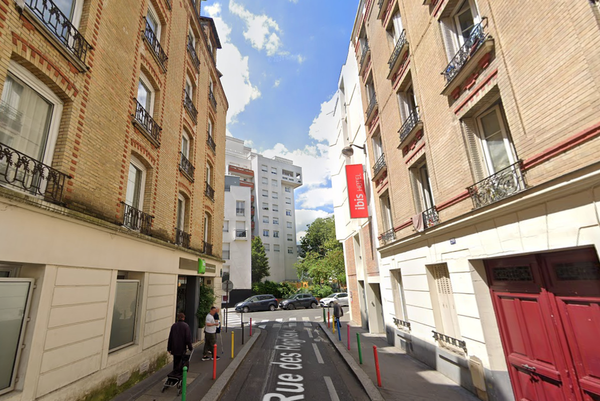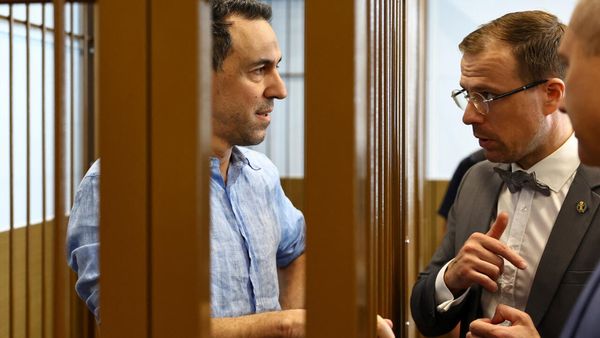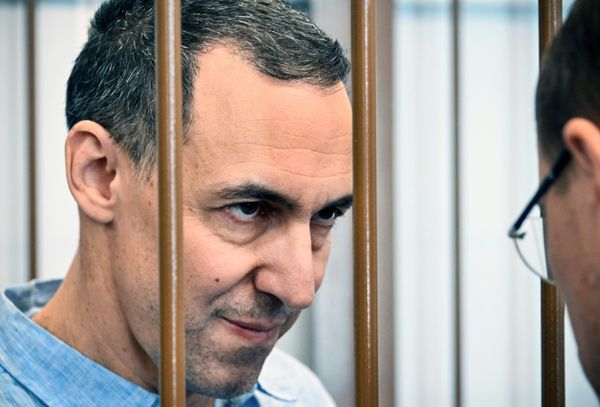
Nairobi, Kenya – At least seven of Kenya’s 47 incoming governors are women, compared with only three in the last government, according to results from the country’s Independent Electoral and Boundaries Commission (IEBC).
The official outcome of the country’s August 9 presidential elections remains unknown as of Saturday afternoon, but from the 42 confirmed county results, there seems to be history in the making.
While tallying is ongoing in most constituencies across the country, women have also won six of the 290 seats in the incoming National Assembly so far.
Despite nearly half of registered voters in the country being women, very few female leaders actually hold elective positions in Kenya.
A constitutional provision introduced a “two-thirds rule” in 2010 to enable more women to get into leadership positions and tone down male dominance in politics. But that has barely had any effect until now.
In the build-up to the elections, dozens of female candidates were attacked during campaigns, according to the Kenya Women Parliamentary Association.
The rise in female governors from Tuesday’s vote is a small but significant improvement over 2017, when three women were elected as governors. There is likely to be another push to implement the two-thirds gender rule, analysts say.
The seven female governor-elects are Susan Kihika (Nakuru County), Gladys Wanga (Homabay County), Cecicly Mbarire (Embu County), Wavinya Ndeti (Machakos County), and Fatuma Achani (Kwale County), Kawira Mwangaza (Meru County) and Anne Waiguru (Kirinyaga County).
Mwangaza won as an independent candidate in Meru state.
So far, IEBC has also declared six women who have won MP seats and one senator.
“Thank you Homabay,” Wanga tweeted on Friday. “It’s now onwards and upwards for our people.”







